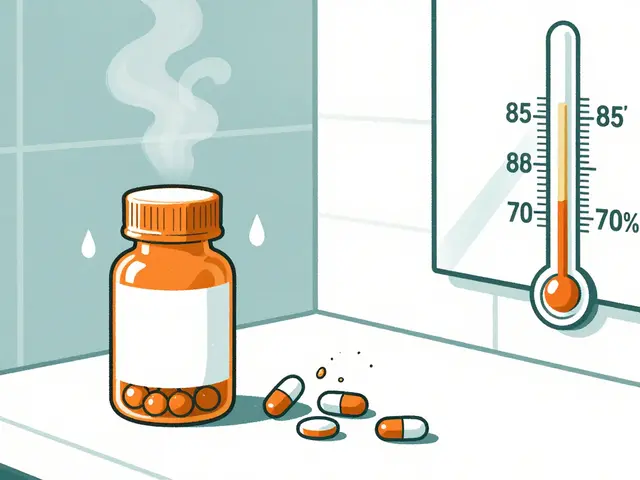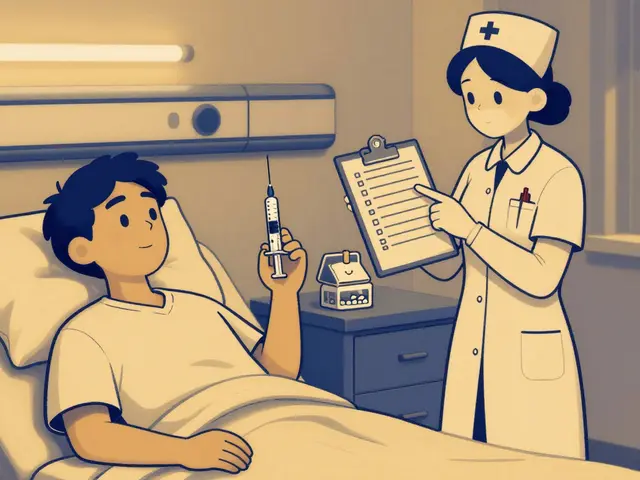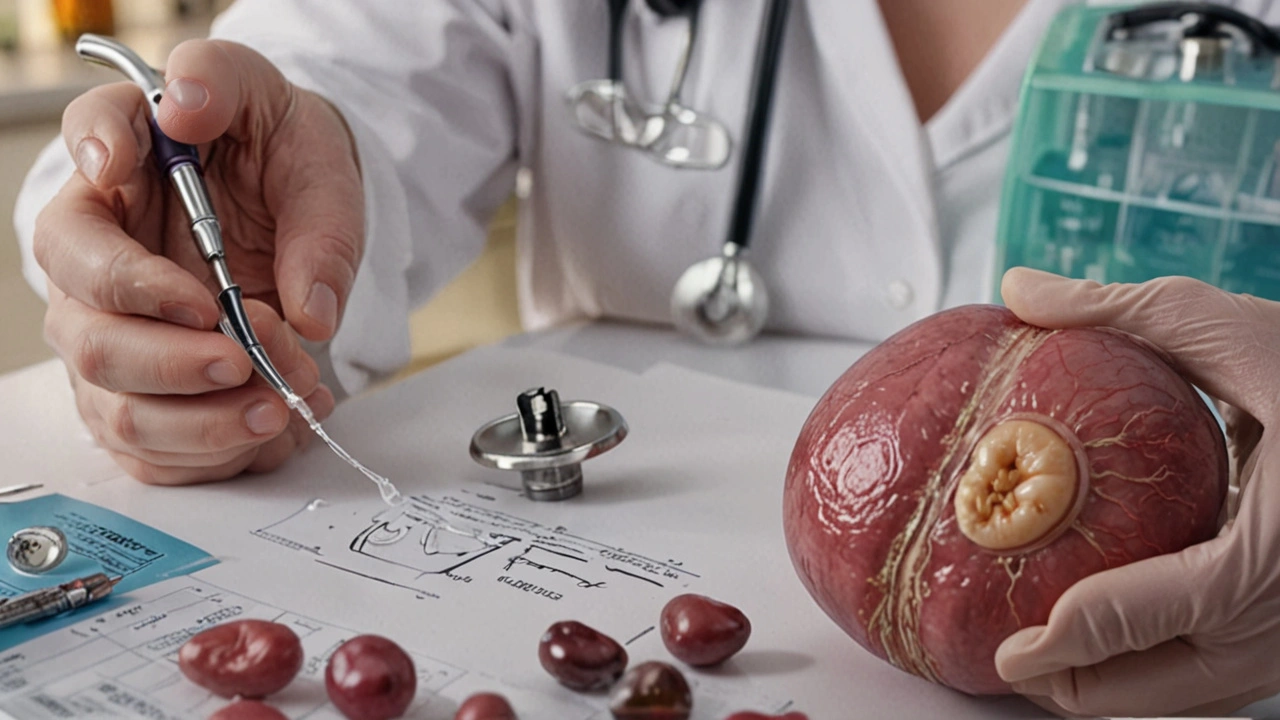Urinary Health: Simple Tips to Keep Your Bladder & Kidneys Happy
Ever felt the need to run to the bathroom more often than usual? Or maybe a burning sensation when you pee? These signs can be early warnings that your urinary system needs a little extra care. The good news is that most problems can be prevented with easy lifestyle tweaks and a bit of awareness. Below you’ll find straight‑forward advice you can start using today.
Common Urinary Issues and How to Spot Them
Most people think urinary problems only mean infections, but the reality is broader. A urinary tract infection (UTI) typically shows up as pain, urgency, or cloudy urine. Kidney stones can cause sharp back pain and blood in the urine. Overactive bladder often leads to sudden urges that interrupt daily activities. If any of these symptoms linger for more than a couple of days, it’s worth checking with a healthcare professional.
Women are more prone to UTIs because of a shorter urethra, while men over 50 often see prostate‑related urinary changes. Age also matters – the bladder’s capacity can shrink with time, making frequent trips more common. Knowing which symptom matches which issue helps you talk to your doctor with confidence.
Everyday Habits for Stronger Urinary Health
Hydration is the cornerstone of a healthy urinary system. Aim for at least 8 cups of water a day, but adjust if you’re very active or live in a hot climate. Diluted urine discourages bacterial growth and helps flush out tiny kidney crystals before they become stones.
Include cranberries or unsweetened cranberry juice in your diet. The natural compounds can prevent bacteria from sticking to the bladder wall, lowering UTI risk. However, they’re not a cure, so keep up with good hygiene – wipe front to back and urinate after sex.
Watch what you eat: too much salt, animal protein, and sugary drinks can irritate the bladder and increase stone formation. Swap soda for water or herbal tea, and add potassium‑rich foods like bananas and sweet potatoes to support kidney function.
Regular pelvic floor exercises (often called Kegels) strengthen the muscles that control urine flow. A simple routine of squeezing and holding for a few seconds, done three times a day, can reduce urgency and leakage, especially after childbirth or as you age.
If you’re on medications such as diuretics, discuss timing with your doctor. Taking them earlier in the day can prevent nighttime bathroom trips that disrupt sleep.
Finally, don’t ignore the urge to go. Holding urine for long periods can stretch the bladder and promote bacterial growth. Make a habit of emptying your bladder every 3–4 hours when you’re awake.
Putting these habits together creates a strong defense against common urinary issues. Small changes add up, and you’ll notice fewer trips to the bathroom and a more comfortable feeling overall. Keep an eye on any new symptoms, stay hydrated, and give your bladder and kidneys the support they deserve.
Understanding the Link Between Cystitis and Bladder Stones
Cystitis and bladder stones are two prevalent conditions that affect the bladder. This article explains the relationship between these issues, offering insight into causes, symptoms, and preventive measures. Learn about tips to manage your urinary health effectively.






